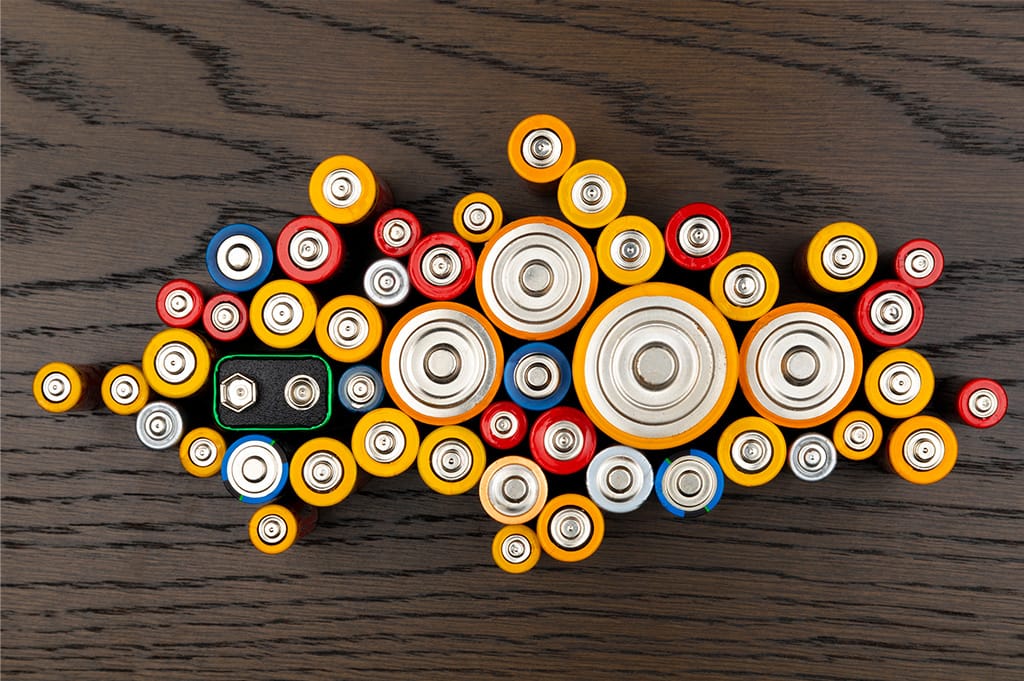With growing environmental awareness, it’s essential to understand how to responsibly dispose of batteries. Batteries contain materials that can be harmful if not discarded properly, so knowing your options is crucial for both safety and ecological responsibility.
Types of Batteries
Before diving into disposal methods, it’s important to recognize the different types of batteries. Common categories include:
- Alkaline Batteries
These are often used in household items like remote controls and toys. They are typically not recycled but can be disposed of in general waste in the UK. - Rechargeable Batteries
Found in power tools, smartphones, and laptops, these batteries are made of more complex materials and should always be recycled. - Lithium-ion Batteries
Commonly used in electric vehicles and portable electronics, these batteries pose significant environmental risks if not disposed of properly. - Lead-acid Batteries
Typically used in vehicles and some industrial applications, these batteries must be taken to a designated recycling facility.
Recycling Programs
In the UK, many retailers and local councils offer battery recycling programs. Here’s how you can identify what’s available in your area:
Retail Drop-off
Many supermarkets and electronic stores have battery collection bins at their entrances. This allows you to easily drop off your used batteries while shopping.
Local Council Collections
Some local councils organize specific collection events or provide designated drop-off points. Check your council’s official website for details about local initiatives.
Hazardous Waste Facilities
If you’re unsure about the disposal options for a specific battery type, taking them to a hazardous waste facility is a safe choice. These facilities are equipped to handle hazardous materials and can properly recycle or dispose of batteries.
Home Recycling Kits
For those who accumulate batteries at home, various organizations offer recycling kits. You can request a kit online, fill it with used batteries, and send it off for recycling. This method ensures that your batteries are handled responsibly without needing to travel to a drop-off point.
Important Considerations
Never Throw Batteries in General Waste
Batteries should never be put in your general rubbish. Doing so can lead to leaks that contaminate the land and waterways.
Avoid Damage
When storing batteries before disposal, keep them in a cool, dry place and ensure they don’t get damaged or short-circuited. Use a non-conductive material to separate terminals, especially for lithium-ion batteries.
Educate Others
Encourage friends, family, and colleagues to adopt proper disposal practices. The more people share this knowledge, the better we can collectively protect our environment.
Conclusion
Proper disposal of batteries is a vital part of reducing our environmental footprint. By utilizing local recycling options, participating in programs offered by retailers, or taking advantage of home recycling kits, you can ensure that your batteries are disposed of safely and responsibly. Remember that every small effort counts in preserving our planet for future generations. Together, through informed choices, we can make a significant difference in waste management and recycling practices across the UK.
